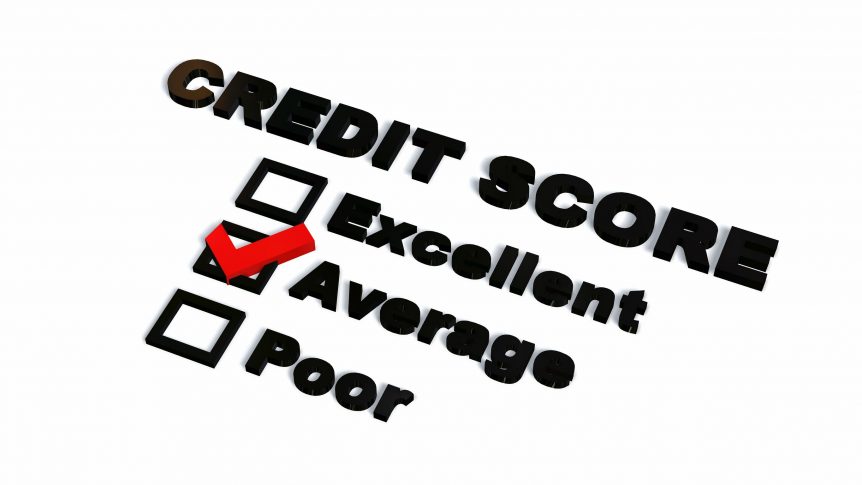A high, favorable credit score is essential to obtain a high quality of life. The credit score is evaluated when applying for housing (rental and purchase), vehicle ownership or lease, and other milestone achievements. A low or average credit score can severely hinder the ability of a person to consummate such obligation. Or, if the obligation is able to proceed, it yields in unfavorable, heavy financial consequences to the applicant.
A credit score proves to the financial institution that the applicant is able to successfully manage debts by making timely payments with their current debts and maintaining a low debt-to-income-ratio. Credit utilization is the second most important factor that makes up FICO score, carrying a 30% impact.
Student loan debt is perhaps the most misunderstood debt in regards to the impact it holds on the credit score.
US Student Loan Debt
US student loan debt surpassed $1.52 trillion nationwide. Typically, students are encouraged to apply for enough student loan funding to cover university fees, books, supplies, and room and board or living costs, in addition to university tuition. As a result, graduates are existing schools with high loan balances. On average, college graduates graduate with at least $31,172.00 left in their university balance.
Depending on the job market at the time of their graduation, a recent graduate may not obtain successful job placement following commencement. Further, most corporations and businesses demand that, in addition to a degree, employees have a certain amount of experience to adequately qualify for a job. Therefore, it may be roughly 3-5 years before a graduate finds successful job placement with a favorable salary and benefits.
The salary a graduate receives usually dictates how they pay off their student loan. The average graduate payment plan requests that the graduate makes a monthly payment of $393 for 10 years to pay off their loan. However, standard student loan repayment plans can last for 20-25 years.
Due to life emergencies or other incidents, loan payments are sometimes made untimely or missed entirely. One out of every five graduates is struggling to maintain timely student loan payments. Troublingly, 19% of graduates with loan debt are behind on payments and headed for default.
Since payment history accounts for roughly 35% of a credit score, untimely or missed student loan payments negatively impact one’s credit score.
Student Loan Impacts on a Credit Score
As previously stated, payment history accounts for 35% of one’s credit score. Unknown to many, however, is that student loans actually benefit one’s credit score, so long as payments are made timely.
Student loans are categorized as installment loans. An installment loan is a loan where a set amount of money is borrowed at one time. Repayment for the installment loan occurs in a fixed monetary amount over a certain amount of time, called installments. Thus, student loans have the potential to add substance to the credit profile and improve credit mix.
Student loans usually only damage one’s credit score when payments are made late or not made at all. Fortunately, there are resources available to help with those overwhelmed with difficulty making timely student loan payments.
Federal student loans let the graduate catch up with 9 month payments over a period of 10 months. Alternatively, a graduate may request to consolidate federal loans with a direct consolidation loan. This loan repayment plan is based on income, or requires three consecutive, timely payments before proceeding.
Student loans can be viewed as a tool to build credit, similarly to credit cards. Graduates who can show that they can properly manage their debts by making timely payments should not expect a negative impact of their credit score due to having a student loan.
The burden of making timely student loan payments can become stressful. However, perseverance and discipline to stick to making timely and adequate payments in accordance to the repayment plan will help boost, not damage one’s credit score. Contingent on the manner of payments on student loans (timely or late), student loan debt carries a heavy impact on the credit score. The impact however does not necessarily have to be a negative or draining one. Successful management of a student loan can positively impact a credit score, and therefore not hinder a graduate from milestone purchases.

